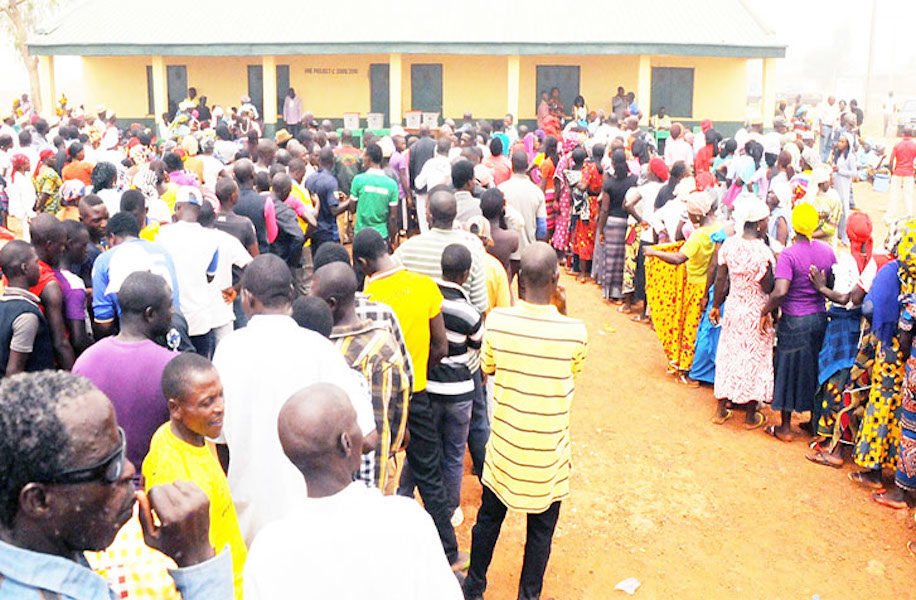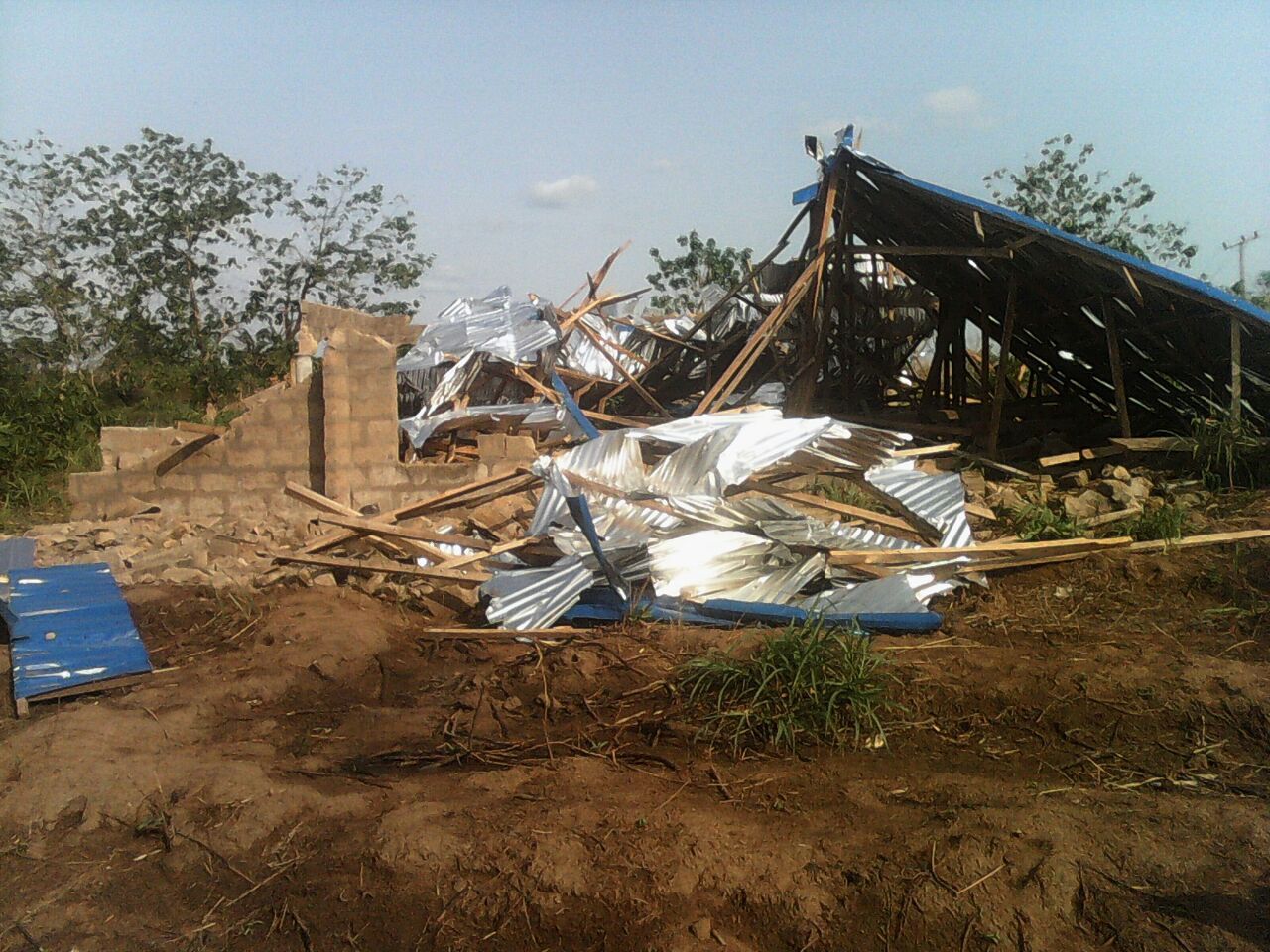U.S., UK Vow To Sanction Polls Violence Perpetrators
Those who unduly interfere with Nigeria’s forthcoming general elections are to face restriction of visas and other punitive measures from the United States (U.S.) and United Kingdom (UK).
Specifically, the U.S. said although it had no preferred candidate, it was interested in the process because of Nigeria’s relevance to Africa and the world.
“The conduct of the upcoming elections in Nigeria is important not only for Nigeria, but for the African continent. The United States government does not support any specific candidate or party in the upcoming elections.
“We support the Nigerian democratic process itself. We support a genuinely free, fair, transparent, and peaceful electoral process. We and other democratic nations will be paying close attention to actions of individuals who interfere in the democratic process or instigate violence against the civilian population before, during and after the elections.
“We will not hesitate to consider consequences –including visa restrictions –for those found to be responsible for election-related violence or undermining the democratic process. Under U.S. immigration law, certain violations may also lead to restrictions on family members.”
Also, the UK in a statement, said it was committed to the growth of Nigeria’s democracy through free and fair polls, promising to deploy several observers to monitor the exercise.
It added that it would be on the look out for those bent on using violence and social media to influence the outcome.
“Twenty-three days to the presidential and national assembly elections and 37 days to the governorship and states assembly polls, the British High Commission in Abuja would like to reaffirm our support for free, fair and peaceful elections in Nigeria.
“We will continue to support the Independent National Electoral Commission (INEC) and the Nigerian civil society to help them deliver credible elections,” the statement read in part.
In the recent past, the European Union (EU) had imposed economic sanctions on Cambodia after the country’s ruling party claimed to have won every seat in a Senate election in which many opposition supporters were stripped of their voting rights.
Another country that was sanctioned was the Democratic Republic of Congo (DRC), especially the ruling coalition’s candidate for the presidential elections, Emmanuel Ramazani Shadary, and 13 other senior officials.
The economic bloc imposed sanctions in 2016 and 2017 on Shadary and 15 other nationals over violent crackdowns on protests and repeated delays to the election, which was originally meant to hold two years earlier. Two of the 16 affected persons have since been transferred to a United Nations (UN) sanctions list.
The sanctions ranged from travel bans to freezing of assets, even though the EU disclosed the possibility of reviewing the restrictive measures.




